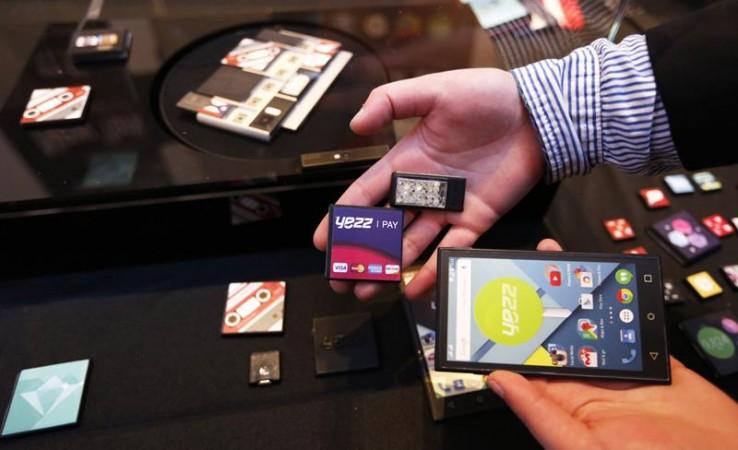
It was at first demoed at Google's I/O developers' conference in 2014, and two years later at I/O 2016, Google's finally revealed to the world the Project Ara smartphone's prototype. The Project Ara modular smartphone was available in Puerto Rico as part of a pilot programme last year and the company has formally announced that the device would be available to the masses in 2017.
While the initial concept included the ability to swap out memory modules, the display, processor and RAM, along the way, Google's decided that it would be better for everyone if the aforementioned components stayed a part of the chassis and other modules that, according to Google, are more important to users can be swapped out, Wired reported. According to the report, Google will be releasing the version targeted at developers in 2016.
As much as it has been ignored, e-waste is as real a problem as plastic and air pollution, and with smartphones being phased out every year, the pile keeps growing. Google, or initially Motorola, thought that a viable solution would be to swap out only the parts that need upgrading and thus was born Project Ara, and the phones are as close to being real as possible.
The concept is simple: The phone itself can accept several modules that can be attached to and detached from the device's chassis — think Lego for smartphones. Want a bigger battery? Swap out a module and slide in the battery module. Want a better camera? There's a module for that, too. Better speakers? Google's got you fam!
Despite being a prototype the smartphone is as much the real deal as possible. The Verge reported that the modules are entirely software-controlled and can be disassembled by either using a "setting app" or issuing an appropriate "OK Google" command. The report added that the likes of TDK, Panasonic, E Ink, Toshiba, Sony Pictures Home Entertainment and Samsung have developed working modules. Google is also looking for other smaller device-makers interested in developing modules for the device.
Wired reported that the device is expected to be a high-end one and that 30 of Google's engineers use it as their everyday phone.










